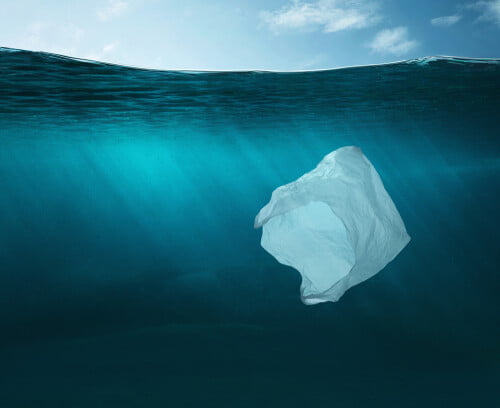

Environment
Is There Ever A Time Where Plastic Is Environmentally Friendly?
As global temperatures rise and carbon emissions damage the planet, it can be easy to see all the things that damage our planet. Whether it’s a thirsty diesel tank, or a shopping bag, plastic can be seen as a significant contributor to global warming – but is it as bad as people think?
Omega Plastics has compiled this report to demonstrate how, alternatively to popular belief, plastics can also have a positive impact on the environment. After this then, you’ll be able to make your own mind up as to whether plastic can benefit the environment.
How plastic has changed
Recycling plastic hasn’t always been at the forefront of everyone’s minds. Now, after continually being encouraged to go green, we are more than ever thinking about how we can help the environment together.
It was reported that in 2001, only 12.5% of household waste was recycled. However, by 2014 this figure has promisingly risen to 44.9%, and although it did demonstrate incredible growth over that 13-year period – it is still short of the EU’s 2020 target of 50%.
By shifting to more environmentally friendly ways of living, this has changed our attitudes towards the production of plastics. To use within their products, manufacturers continually look for production techniques that incorporate recycled plastics, which creates a corporate responsibility status for the company – and sets them apart from their competitors. It is now estimated that 29% of recycled plastic used within the UK is used again.
As a result, therefore, due to technical advancements and other factors – perceptions have been altered regarding the types of plastics that are now being produced – as we as a nation are more conscientious of how plastics are recycled at the end of their life-cycle. As a result of this, plastic isn’t the same type of enemy as it once was.
Improving the production of plastic
As a popular form of producing plastic, injection moulding – by using moulds – ensures that plastic is made with precision and there is minimal wastage. This process involved using specialist machinery, and because the plastic needs to be melted, this can consume a lot of energy within the process. Although over the last 10 years – machines producing plastic now use 20 to 50% less than the energy that was once used.
The benefits of this type of practice are widespread, and this is just one of the many ways that manufacturers of plastics are attempting to improve their processes.
The alternative uses for plastic
It’s not just packaging when it comes to using plastic, now more than ever, we’re finding many innovative uses for plastic.
For example, rather than using metals in the production of various car parts – manufacturers are starting to utilise and understand the benefits of using plastics within their production methods, such as polymer. As well as being affordable – they are also lighter, improving the driveability of the car. Plastics then, can positively impact the environment – as they improve fuel efficiencies and help to save users on the amount of fuel their vehicles consumes.
Using plastics during the construction of a building can also be beneficial – as they can be used to build types of insulation and double glazing. Due to technological advancements in the production of plastic, we are thus able to conserve heat and prevent the non-essential warming of homes and businesses.
It’s not only this, don’t forget that the new five-pound is also made of plastic! The reason for this is that the new plastic note is less-prone to damage, it stays clean, and it is harder to counterfeit. They are 15% smaller than the existing notes and the can last for up to five years, which makes the production process more energy-efficient and less wasteful when it comes to producing new notes – once again demonstrating how plastics can be used in an environmentally conscious way to help limit wastage within production methods.
Final Thoughts: Plastic Has Many Complications
While some may question the efficacy of an environmentally friendly way of producing plastic, it is clear that these production methods can accrue numerous benefits for business and for the environment. With these technological advancements set to improve in the long-term, it is evident that plastics can help to benefit, rather than damage, the environment in the future.
Sources
- https://www.gov.uk/government/uploads/system/uploads/attachment_data/file/487916/UK_Statistics_on_Waste_statistical_notice_15_12_2015_update_f2.pdf
- https://www.theguardian.com/environment/2014/nov/18/recycling-rates-in-england-have-stalled
- http://www.omega-plastics.co.uk/news/industry-news/environmental-impact-of-injection-moulding/






























